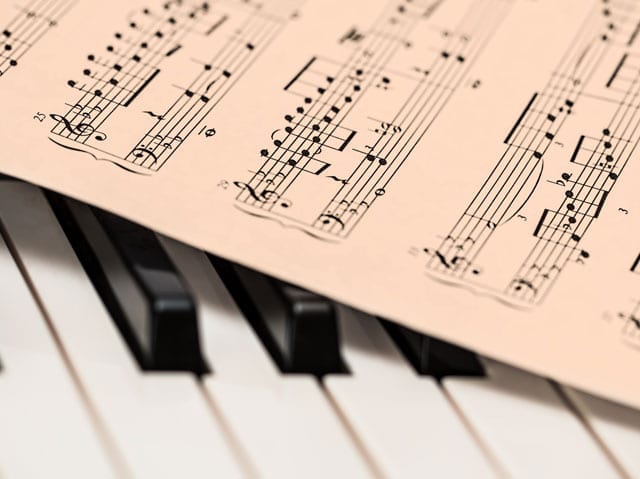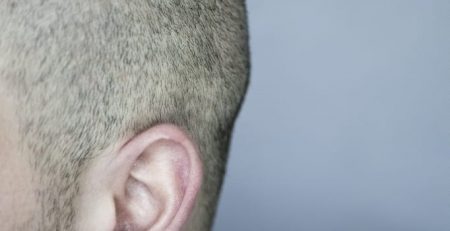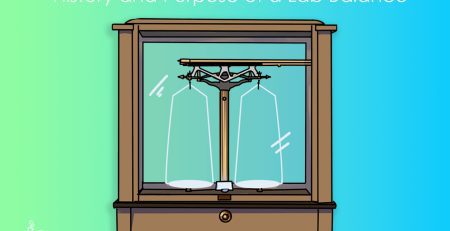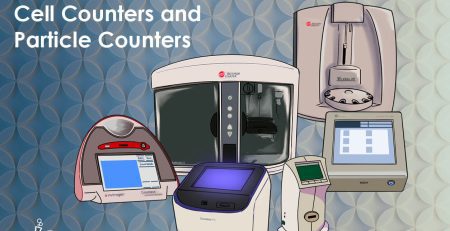Music of Mozart Found to Reduce Seizures for People with Epilepsy
According to Toronto’s Universal Health Network, epilepsy is the most common serious neurological disorder in the world, affecting approximately 300,000 Canadians and 50 million people worldwide. Current treatment options include resective epilepsy surgery, deep brain stimulation, vagus nerve stimulation, and a ketogenic diet.
Now, however, thanks to research led by Dr. Marjan Rafiee of Toronto Western Hospital, there may be another, less invasive, treatment option.
“”In the past 15 to 20 years, we have learned a lot about how listening to one of Mozart’s compositions in individuals with epilepsy appears to demonstrate a reduction in seizure frequency,” Dr. Rafiee said in a statement.
To further investigate, Rafiee scrambled the notes from Mozart’s Sonata for Two Pianos in D Major, K. 448 so the same musical frequencies were present, but in a random order lacking the rhythm and melody, according to IFLScience.com. Rafiee had 13 epilepsy patients listen to either the first 6 minutes of the original iteration of K. 448 every day for three months, followed by three months of the scrambled version or vice versa.
In both groups, listening to the music was associated with a statistically significant reduction in seizures by 35% when compared to the scrambled performance, and even more when compared to the baseline. Ultimately, 12 of the 13 participants benefited during the Mozart phase of their trial.
While the authors acknowledge they’ll need larger samples and wish to conduct longer studies in order to determine how long the effect will last, a low-cost intervention like this could easily benefit millions.
Read the full report in Epilepsia Open.














